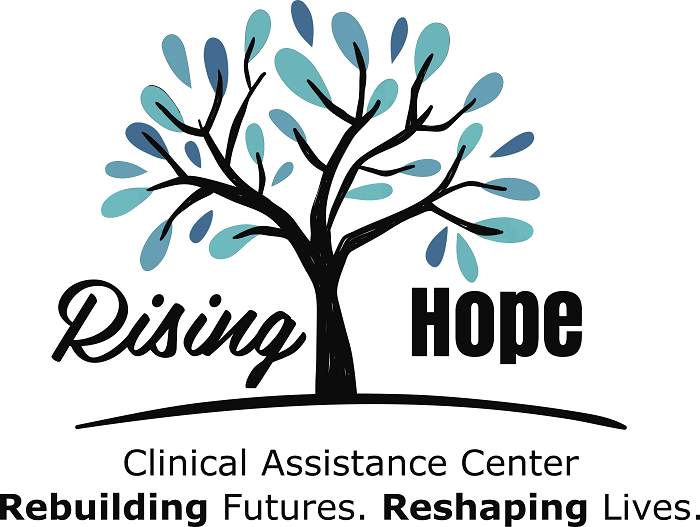

How the Loneliness Epidemic in America is Killing Us
The Target
Loneliness in America has increasingly become an epidemic and those who are most likely affected: generation z and the elderly. Understandably, the elderly are at higher risks of enduring loneliness as they become more isolated from modern society. They become less mobile and increasingly home-bound, and inevitably begin to lose friends or loved ones as they age. However, as it pertains to generation z, this leaves much to be questioned. A Cigna study indicated that 46% of young Americans (aged 18-22), identified with sometimes or always feeling alone. Loneliness signifies a lack of social connection or feeling disconnected from others and represents a fundamental mismatch between the relationships that we have, and those that we want.
The Effects
When we don’t feel like we are bonded to people, it can become more dangerous and release the stress hormone cortisol. This subsequently decreases immunity and leads to higher rates of cancer. Depression is also a big result of this. The pain and adverse effects of feeling isolated from the people around you is also an early biological warning, signaling a threat to your social body. Loneliness is as hazardous as smoking 15 cigarettes a day and increases the risk of disease and death. Diabetes, dementia, anxiety, and decreased sleep health are all risk factors of this.
As the number of people who suffer from loneliness has nearly doubled since the 1980’s, this may illustrate the nature of human relationships have fundamentally changed and we just have not adapted to it.
“We’re itemizing our relationships more and removing traditional forces that once caused us to empathize with one another. If we’re not forced to empathize, then most of us won’t. Empathy requires being vulnerable. Being vulnerable opens us up to being hurt and being judged.”
Pack Health co-founder, Will Wright
The Connection Between Loneliness and Empathy
John Cacioppo, the late University of Chicago Professor and Author of Loneliness: Human Nature and the Need for Social Connection, also supports this empathy to loneliness connection. In a person’s environment, when something negative socially happened, the brained allocated attention similar to that of a shark attack, or being held at gunpoint. Cacioppo’s link showcased that the lonelier the brain when a negative social context was depicted, the less activation in the part of the brain that sends information of mentalizing and empathy. “This can be dangerous on the social perimeter. When something negative happens in a social environment, that brain is focused on self preservation; not a concern of the other person.” This is a testament to our social human environment today.
Studies show that those who are less likely to experience loneliness have regular, meaningful in person interactions, are in good physical and mental health, are employed and have good relationships with their coworkers and have a good work life balance. It may also come as a surprise that “the level of attachment with social media really did not impact loneliness one way or the other,” according to Cigna CMO, Dr. Nemeck.
The Stigma
Unfortunately, “loneliness is stigmatized as the psychological equivalent to being a loser in life or a weak person,” corresponded by Cacioppo. As a result, many who are suffering from this don’t seek help, or become in denial for their need for social connection.
The Solution
Though, there are a few solutions and practical steps one can take. As we live in the digital era now, we can turn towards the digital connections that we have and use them to amplify the empathy we have for one another. Pack Health co-founder calls this, “digitizing empathy.” We can also start by recognizing what loneliness is and not denying it; understanding how it affects the brain, body and behavior, and respond accordingly. It’s not the quantity or surplus of friends, but the quality of that connection or those interactions that truly matter.

